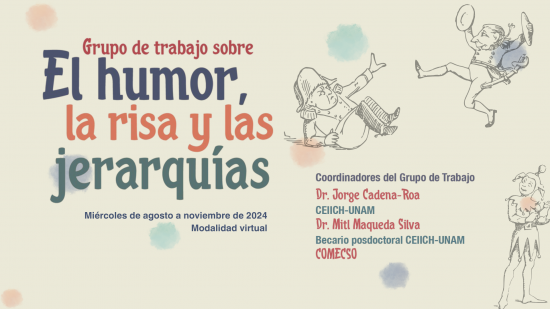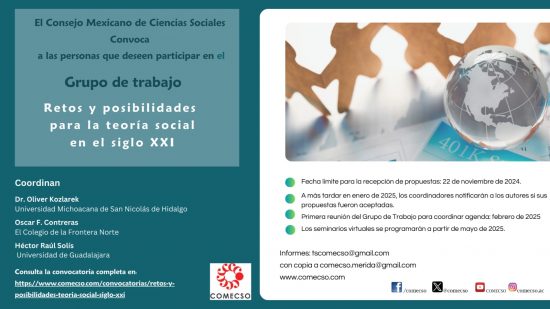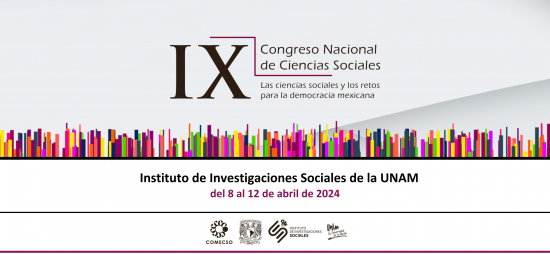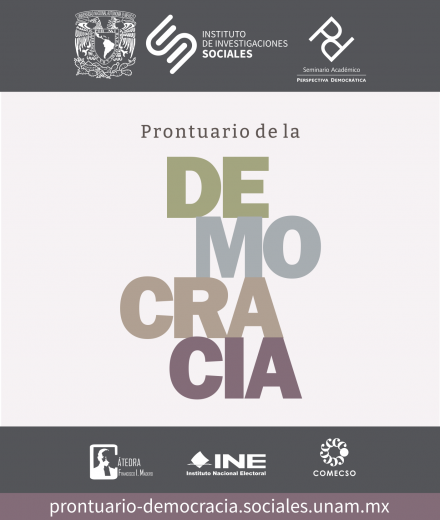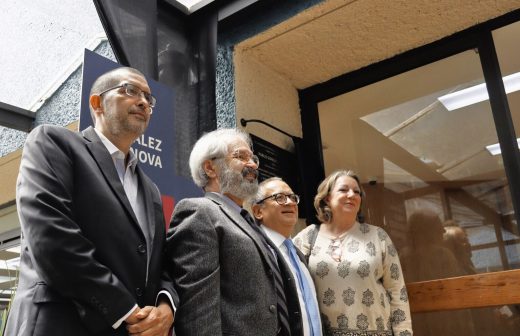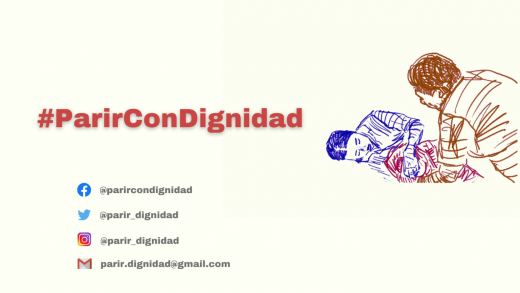Transpose: Base de datos sobre las políticas de arbitraje de las revistas
A database of journal policies
on peer review, co-reviewing, and preprinting
Glossary
Please see below for definitions of terms used to present information in journal records. If anything is unclear, feel free to get in touch at transpose-publishing@googlegroups.com
- Peer Review
Single blind
During the peer review process, the reviewers’ identities remain anonymous to the authors, but the authors’ identities are revealed to the reviewers.
Double blind
During the peer review process, the author’s identities remain anonymous to reviewers, and vice versa.
Not blind
During the peer review process, reviewers and authors are aware of each others’ identities.
Peer review credit
Reviewers are credited/acknowledged for their peer review activities, for example through services such as Publons or ORCID.
Publons
Publons is a commercial service enabling scientists to record their peer review and editorial activities for academic journals.
ORCID
ORCID is a non-profit organisation that provides persistent and unique identifiers to help distinguish and track a scientist’s progress and achievements, including peer review activities.
Peer review transfer
A process offered to authors when their manuscript has been rejected by a journal, allowing the peer review reports to be transferred to and considered by another journal to aid their editorial decision.
- Open peer review
Peer review report
The contents of peer reviewers’ comments. Public commenting during formal peer review.
Previous versions of the manuscript published
The journal makes available earlier versions of the manuscript (such as the initial and revised submissions)
Public commenting during formal peer review
Editors take into consideration comments from people other than invited reviewers.
Open interaction
Reviewers consult with one another (beyond simply seeing one anothers’ reviews when they are shared with the author).
- Co-review
Co-reviewer
A scientist – often a trainee – who reviews a scientific manuscript together with the primary reviewer.
- Preprints
Preprint
A preprint is a version of a research manuscript that has not yet been published by a journal. Preprints are normally submitted to preprint servers before they are peer-reviewed and published as a way to help speed up the dissemination of scientific discoveries and enable the community to provide feedback that might improve the manuscript before publication.
Article links to preprint
Some journals display on the published paper a hyperlink to the preprint version of the manuscript.
Preprint licensing policy
Some journals have policies about which licenses authors can release their preprints under.
Preprint media policy
Some journals have policies about how preprints can be discussed with the media or in blogs.
Scoop protection
Scoop protection was first introduced to protect authors of manuscripts that were “scooped” during the peer review process. With scoop protection, the pending editorial decision for any submitted manuscript would not be affected if a competing paper was published after the submitted manuscript’s submission date. Some journals have extended this protection from the date of preprint posting, sometimes conditional on submitting the preprinted work to the journal within a set period of time.
Preprint community review
Peer review of preprints by the scientific community. This can occur on dedicated reviewing sites or on the preprint server itself. Some journal editors consider these reviews to supplement the peer review process and further inform their editorial decisions.
- Editorial policies
Data sources and licensing
- All contributions to TRANSPOSE are released under CC0.
- We also display data from Crossref, DOAJ, Publons, and ORCID.
Versions
- By default, the most recent version of a record will be displayed, unless the TRANSPOSE team believes an earlier record to be of higher quality in terms of accuracy and completeness.
- All versions are retained and are available for download.
Data origin
- There are two ways to enter data into TRANSPOSE:
- A publicly-accessible form. Use this when entering information about single journals or groups of journals that share the same policies.
- A spreadsheet to enter many journals at once (contact transpose-publishing@googlegroups.com), which permits more flexibility in differentiating policies but is less user-friendly.
- Data may have been contributed directly by the journal editor or another representative of the journal or publisher, or it may have been added by a member of the public.
Journal verification process
- Records can be marked as “journal verified.” These records are displayed as such on the web and can no longer be edited through the publicly-accessible form.
- Journal verification process
- Regardless of which data entry method is used, contributors can assert during the submission process that they are an authorized representative of the journal, such as an editor or publisher.
- If information was not provided to member of the team directly (eg via email) by a journal representative, we will contact a representative of the journal before making verified records public in our front end. If the email address provided by the user who entered the information does not originate from the domain of the journal or publisher, we will also contact another representative of the journal.
Reporting issues with records
If you find a problem with a record, please let us know by pressing the “report” button. You may also email transpose-publishing@googlegroups.com with any concerns.
Database>>
Te puede interesar

Publicaciones del COMECSO
Roberto Holguín Carrillo - Ene 08, 2025Este espacio reúne la gran mayoría de la producción editorial de nuestra asociación. A lo largo de casi cinco décadas,…
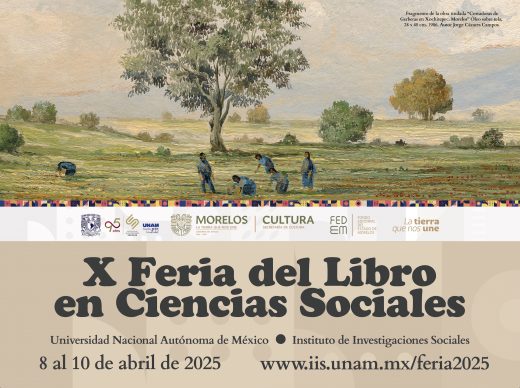
X Feria del Libro en Ciencias Sociales
Laura Gutiérrez - Mar 28, 2025Universidad Nacional Autónoma de México, Instituto de Investigaciones Sociales X Feria del Libro en Ciencias Sociales 8, 9 y 10…
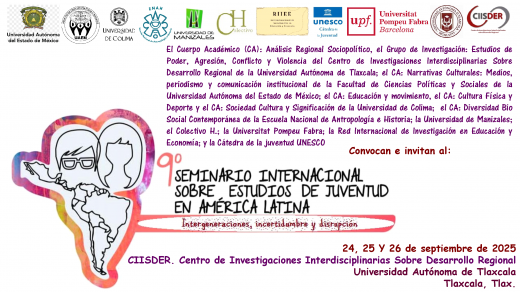
9º Seminario Internacional Sobre Estudios de Juventud en América Latina
Laura Gutiérrez - Mar 28, 20259º Seminario Internacional Sobre Estudios de Juventud en América Latina Intergeneraciones, incertidumbre y disrupción ENTIDADES CONVOCANTES El Cuerpo Académico (CA):…
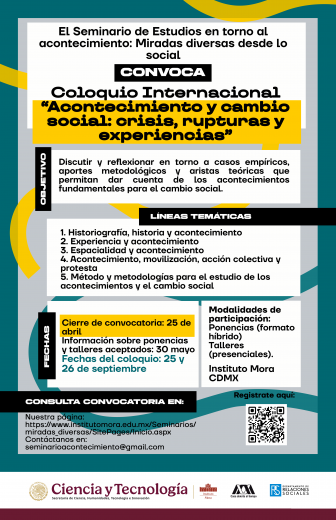
Acontecimiento y cambio social: crisis, rupturas y experiencias
Laura Gutiérrez - Mar 28, 2025El Seminario “Estudios en torno al acontecimiento. Miradas diversas desde lo social” Convoca Coloquio Internacional “Acontecimiento y cambio social: crisis,…



